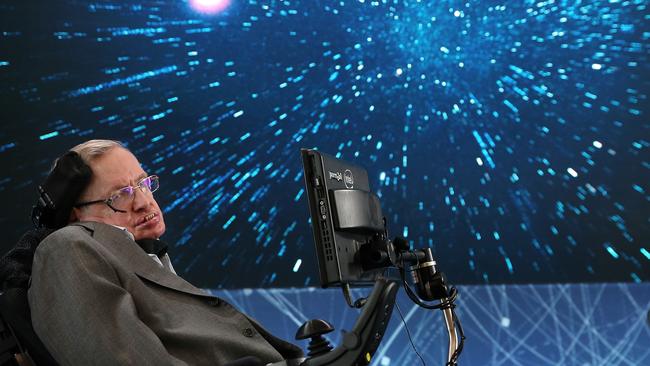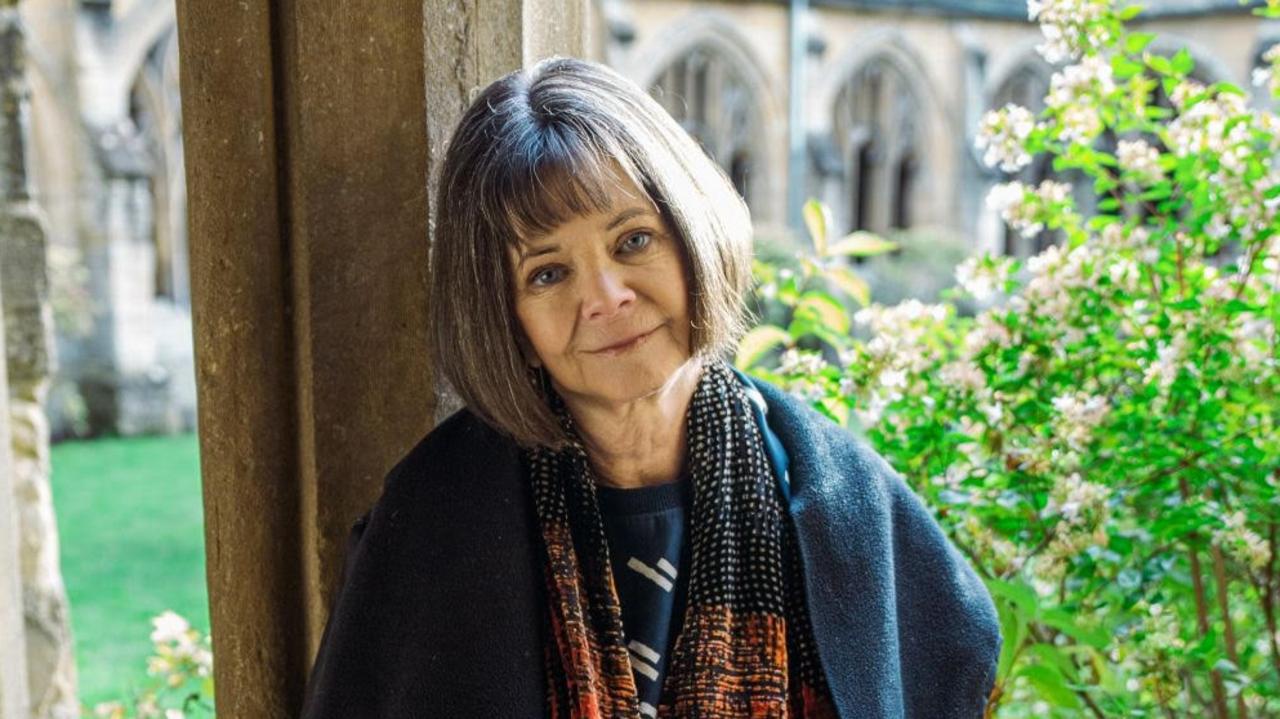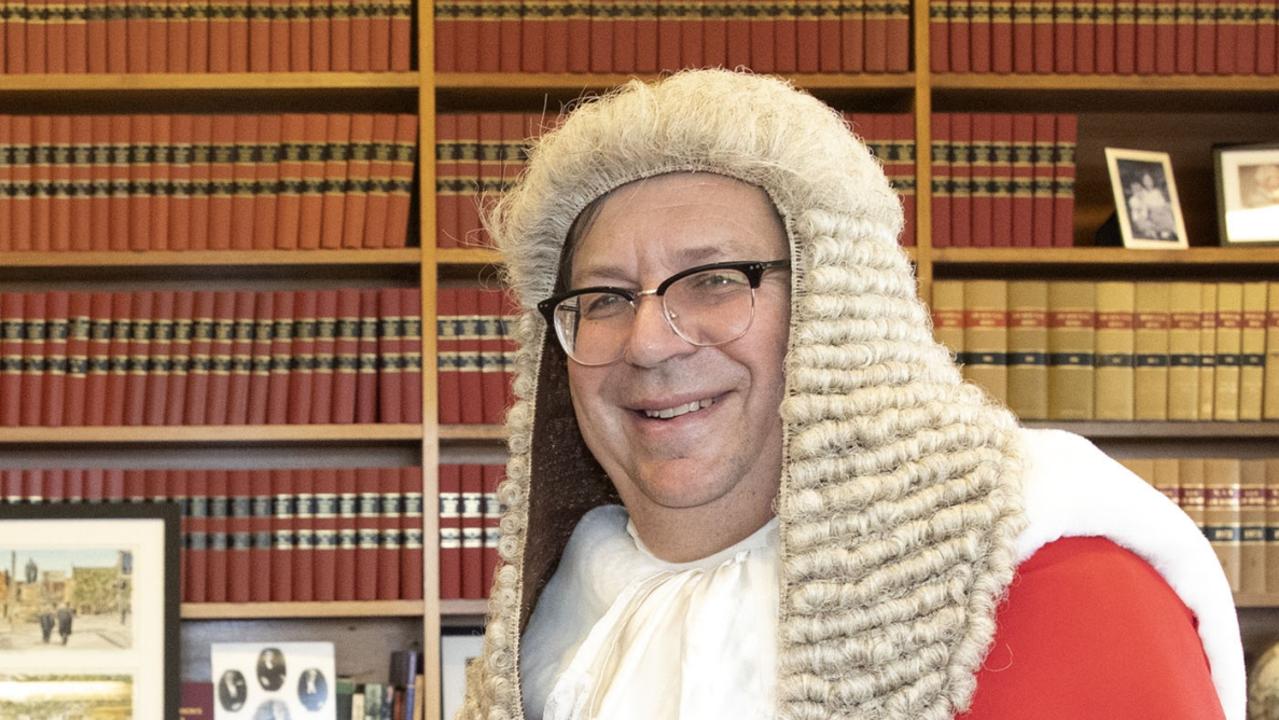It’s not up to you: autonomy no argument for euthanasia
The vast majority of the 170,000 deaths each year in Australia are peaceful, but it’s a small few ‘bad deaths’ that are driving legislation.

Victoria, Western Australia and just in recent weeks Tasmania have legalised Physician-Assisted Suicide/Euthanasia (PAS/E). This is euphemistically termed Voluntary Assisted Dying (VAD). South Australia has a similar bill being debated and Queensland has a bill in preparation, giving the impression that PAS/E is spreading like coronavirus.
The language used in this debate is telling. It is critical to the way people regard this practice and shapes community attitudes towards it. Advocates deny that VAD is suicide despite meeting the dictionary definition and the American Medical Association deeming the term PAS/E to be the most accurate. Activists and politicians prefer “assisted dying” as it sounds like helping, not killing. But not all who access it are truly dying either.
Emotive stories of “bad deaths” have driven PAS/E, but without verification their accuracy is uncertain. Those confronted with death but unfamiliar with normal dying processes may well misconstrue what’s seen. Panting may be interpreted as distress when it’s a brainstem reflex. Gurgling sounds aren’t choking but due to reduced consciousness. However, where expert palliative care is unavailable or rejected, inexpert staff can oversee suboptimal experiences.
There are more than 170,000 deaths in Australia yearly and most are peaceful. An unquantified tiny number of perceived “bad deaths” is wrongly driving this legislation. While some doctors support PAS/E, hardly any palliative care specialists do, as they know that with expertise almost everyone can be well cared for. Overseas data shows that fear and social suffering (loss of ability and autonomy) drive PAS/E requests, not actual physical symptoms and not pain – despite what the media often misreports. Scared by reports of perceived “bad deaths”, proponents seek death as the only acceptable solution to their fear of suffering at the end of life. Alleged suffering drives legislation, but this is mixed with progressive activist ideas of choice and control over the time and place of death and extraordinarily the government is expected to provide this. Society is expected to put aside the previously inviolable truth that we “don’t kill people”. Suicide has never been an acceptable solution to any problem, even if it is quick, easy and cheaper than care. Such actions impact all of us. In Australia, where suicide is a leading cause of death, with significant resources spent on prevention (such as the current Royal Commission into Veteran suicides), PAS/E models suicide as an appropriate solution to suffering.
State coroners have presented a series of suicides in those with physical illness, which have wrongly convinced politicians to support PAS/E. These data were presented as if these all wanted PAS/E when they were more likely depressed and suicidal. Victorian data from a series of cancer patients suggest that only 13 per cent actually wanted PAS/E, and there is evidence from a Queensland review that most would not have been eligible for PAS/E using current criteria. Legalising VAD won’t prevent these suicides.
Other forces have conspired to assist PAS/E legalisation. Some political parties have a policy of support. Despite a “conscience” vote, preselection failure and other penalties abound for dissenters. Self-interest convinces all but strongly opposed politicians to comply. There is also strong progressive media bias for VAD and opposing stories get short shrift. Opinion polls suggest that most support PAS/E, but these are usually funded by Right to Die (RTD) groups asking emotive leading questions to those uninformed about the complexities and hazards of PAS/E. The pro case is a simplistic appeal for autonomy. In the absence of a plebiscite Australians’ true views are unknown. Despite this, politicians are “ordered” to forget their own consciences on this matter.
Well-resourced RTD groups have lobbied aggressively and enticed politicians looking for a cause to support this. They promote fear of suffering and exploit ignorance about end-of-life care. A key strategy is a personal story of a “bad death” by local advocate/s made into a campaign to win public and politician support. Many politicians are keen to be seen to be “progressive”. But euthanasia and “mercy-killing” isn’t novel, as 1930s Germany attests to, where thousands of sick and disabled were killed; no one wants to remember this. Providing more funding for palliative care, while effective, isn’t as appealing.
Proponents say those who don’t want PAS/E needn’t choose it. Typical advocates are educated, privileged and worried. Despite making up a tiny fraction of us they push for legislation for all. They claim we’re all equally capable and eloquent, but the findings of royal commissions have shown that the elderly and disabled are often disempowered and voiceless. The less abled are often victims of attitudinal discrimination and lack access to basic services and respect for their rights; in an ageist and ableist society they are vulnerable to external and internal pressures to consider PAS/E if faced with illness. Being a burden is listed as a reason for PAS/E by 40 per cent of Canadians; 13 per cent also listed loneliness and isolation.
Depression affects many with serious illness and is hard to detect. Depression starts insidiously and causes a bleak, hopeless outlook that affects decision making and 60 per cent have suicidal thoughts. Each untreated episode has a 15 per cent mortality. Legislating PAS/E leads to wrongful deaths when depression ought to have been diagnosed and treated.
Safeguards are supposed to deflect the ineligible. Two doctors are a major safeguard. Only in Victoria must one be a specialist in the relevant condition. Otherwise, both can be general practitioners unless one is a nurse practitioner (in WA). There is no requirement to consult a psychiatrist or a palliative care specialist (“too burdensome”). In Victoria, few doctors are PAS/E providers and most have never met the patient before. This makes it hard to detect coercion when the background of the person is unknown. Doctors’ assessments are never reviewed for substance or accuracy.
The six-month prognosis for eligibility for PAS/E is open to discretion. Is a 10 per cent chance of death at six months sufficient or should it be 50 or 100 per cent to be eligible? No one knows so it’s clinician discretion. Prognostic errors mean that some given PAS/E would have lived much longer. Stephen Hawking lived for another 50 years after he would have been “eligible”. New Zealander Vicki Walsh was given one year to live nine years ago when diagnosed with a malignant brain tumour; she remains glad to be alive, but wouldn’t be had a PAS/E program been available to her years ago.
Practical hazards of PAS/E abound. Once approved, administration can occur within days, with little time for reflection. Drugs can be taken at home alone months or even years after assessment when competency cannot be assured, or coercion excluded. There are prison terms for inciting others to request PAS/E but as the patient will be dead, the chances of detection and prosecution are negligible. Review Boards review paperwork after the person is dead. Meaningful oversight is negligible.
Overseas jurisdictions demonstrate that while initially legalised for the terminally ill, PAS/E numbers and eligibility criteria expand with time, as it becomes normalised and socially acceptable. Canada after just four years has just legalised PAS/E for those with years to live and for mental illness alone. In Holland and Belgium euthanasia of children is now possible, as it is for mental illness alone, including for “unbearable psychological suffering”. Even in Oregon where laws were unchanged for 20 years, the 15-day waiting period can now be waived. The trajectory for PAS/E once legalised is always expansion. Already, activists in Victoria want safeguards relaxed.
Assisting suicide is never an appropriate solution for human suffering. Our politicians have been duped by emotive stories, Orwellian terminology and findings from “push-polls”. They need to look beyond the appeal to autonomy and remember that autonomy should always be constrained by the common good. Like coronavirus, PAS/E shouldn’t be allowed to spread further.
Haydn Walters is an emeritus professor of medicine at the University of Tasmania and a former president of AMA Tasmania. Associate professor Marion Harris is a medical oncologist in Melbourne.


